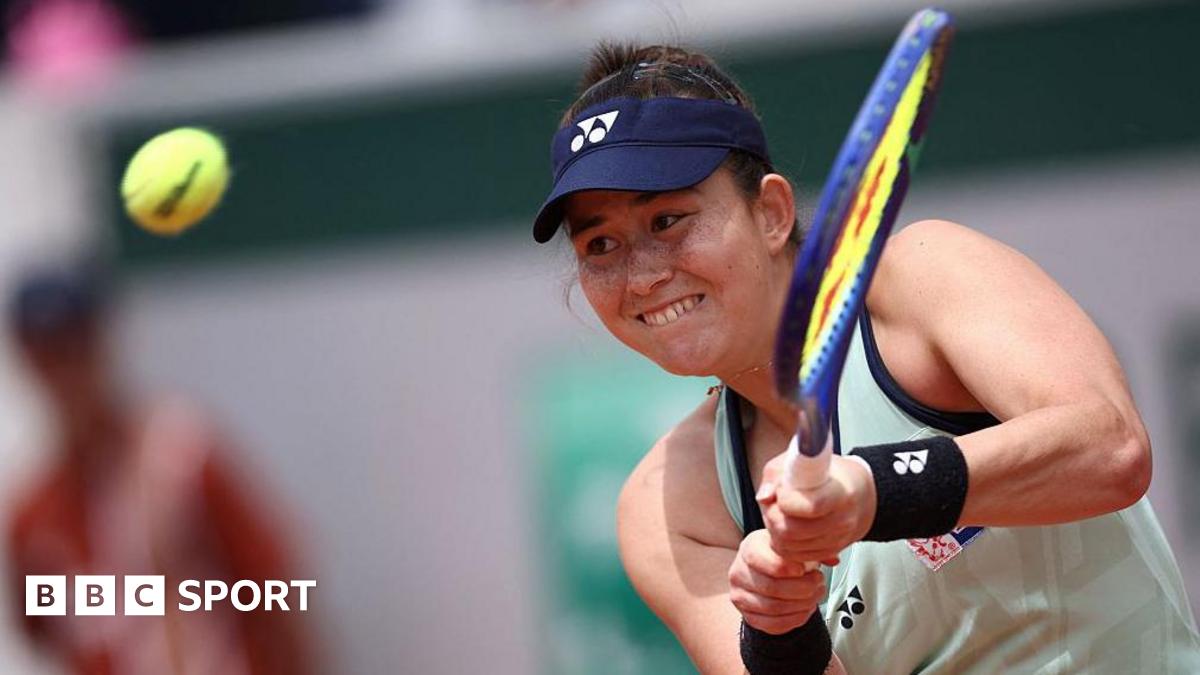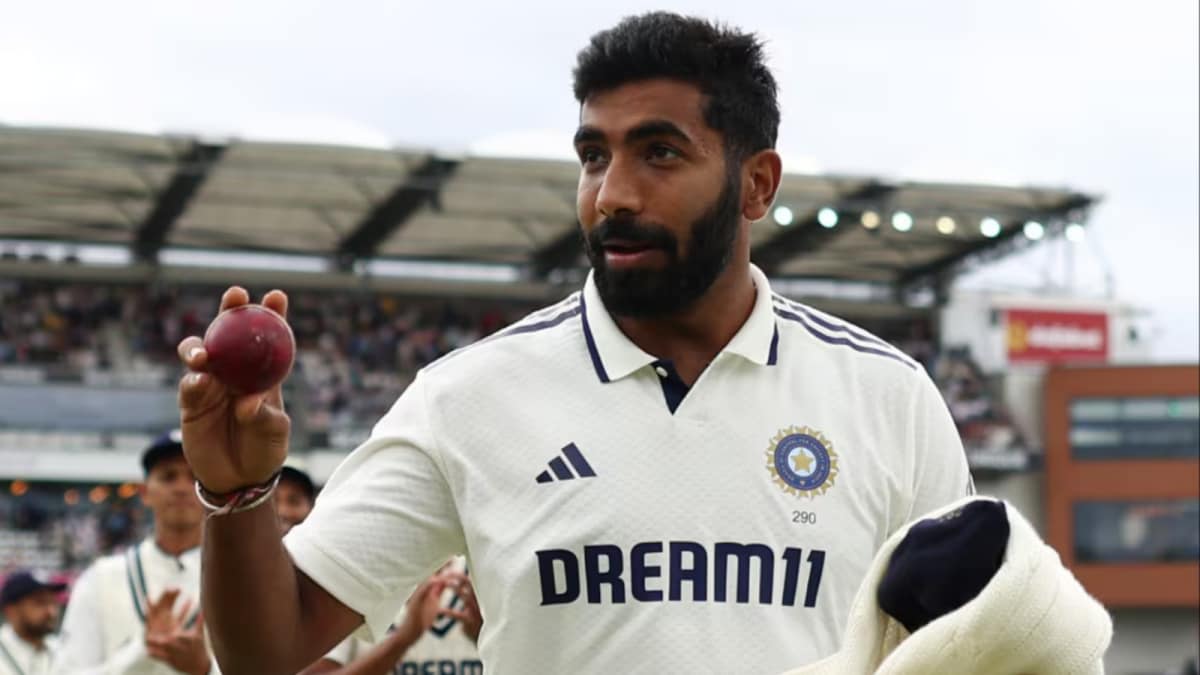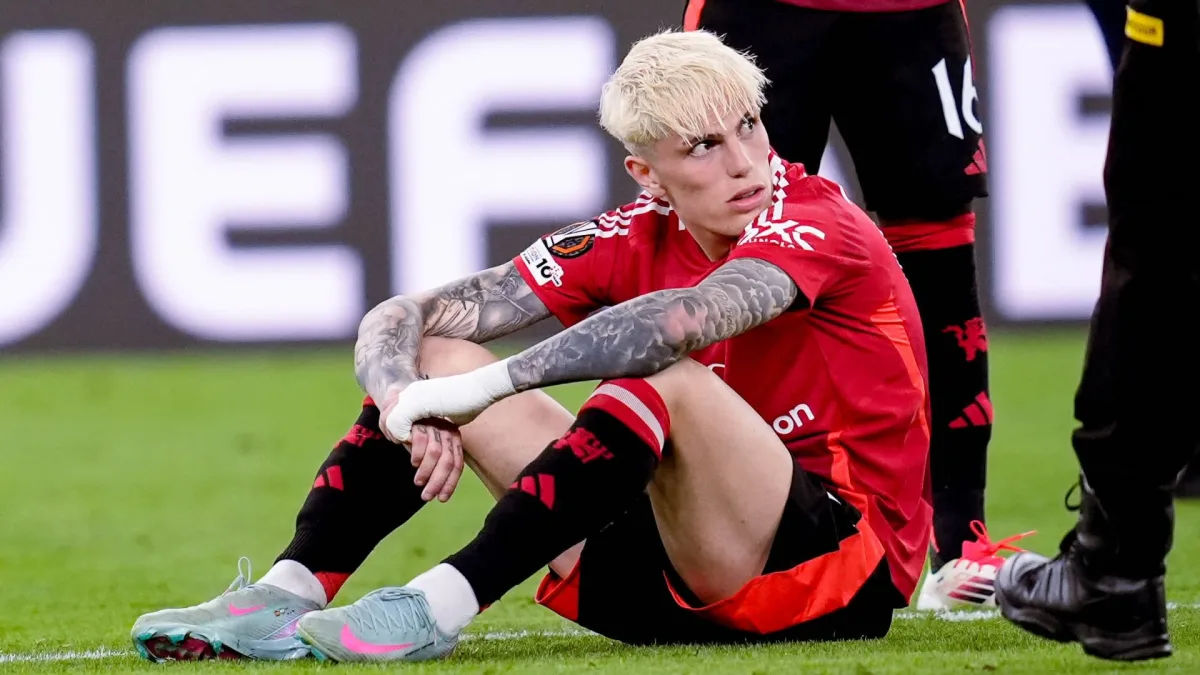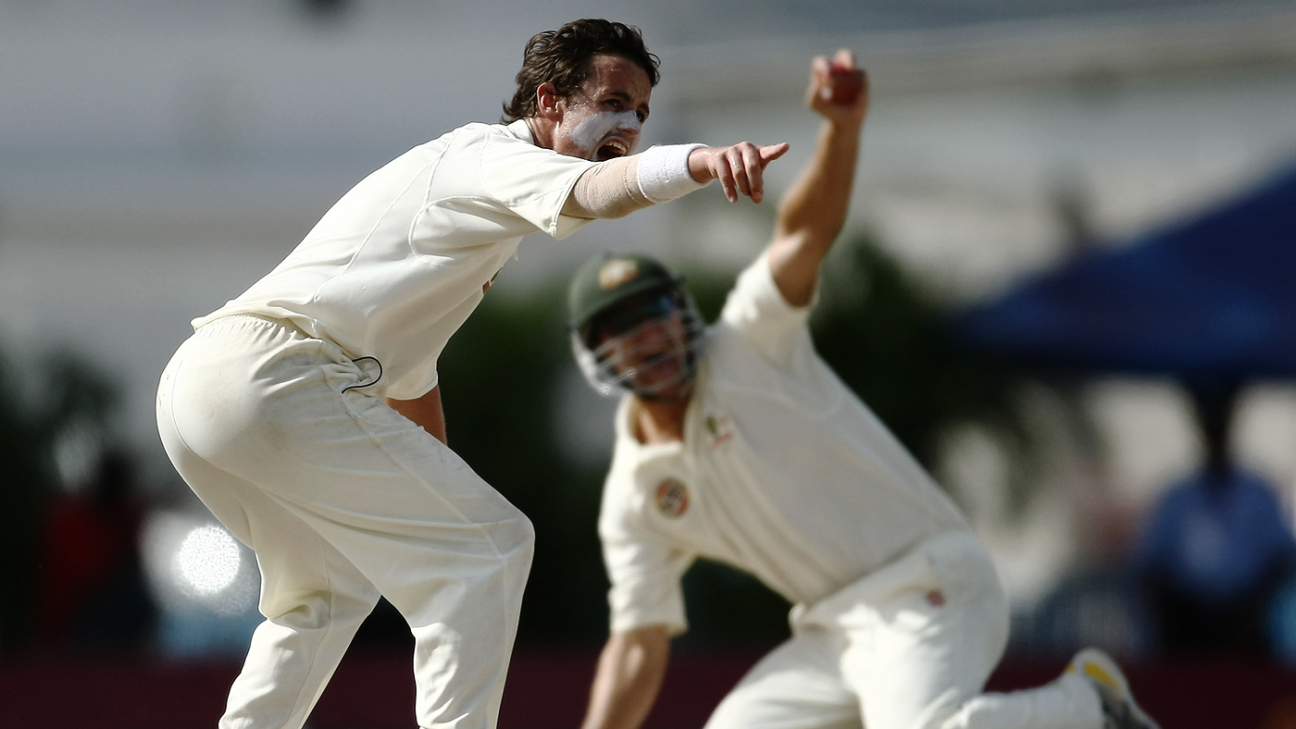Naomi Osaka’s comeback exposes uneven playing field

Naomi Osaka is mostly comfortable with being the poster girl for motherhood in sport. What she is less comfortable with is the women’s tennis tour branding itself as a leading supporter of mothers in elite sport. In practice, she says, the WTA’s actions do not always live up to their pro-motherhood messaging.Osaka, a former world number one with four Grand Slam titles, has been back on tour for 18 months since giving birth to her daughter in July 2023.In that time, there have been big strides in supporting mothers on tour. In March, the WTA introduced maternity pay to support mothers with 12 months of help during pregnancy and post-partum breaks from competing. The move was heralded as a massive step for the sport, although its sponsorship by Saudi Arabia’s Public Investment Fund attracted criticism.Osaka welcomes the maternity pay but has reservations about other aspects of the way the WTA deals with new mothers. “I’ve had a couple instances where I don’t think the tour has given mums the benefit of the doubt in prioritising their wellbeing and understanding the actual challenges of the post-pregnancy comeback,” she says.She adds: “I think it really needs thoughtful engagement and probably a think-tank involving mums themselves. Perhaps the WTA are promoting themselves as one thing publicly, but their private actions don’t quite match up.”While she felt “kindness” from the WTA, she says gaining entry into events early in her comeback was not always easy. It was an extra logistical challenge to consider, while also navigating the physical changes athletes go through after pregnancy.“I would just say that there were a couple of tournaments that I was trying to play before big events and they just weren’t that helpful in letting me get into those tournaments,” she says.“I guess tournament structure was something I hadn’t really considered . . . Last year I didn’t really know how hard it was to come back from pregnancy,” she says. “Now I guess [I can] better plan certain situations.”Since 2019, the WTA has allowed new mothers to enter 12 tournaments using their special ranking (the ranking they had before going on maternity break) over a three-year period after the birth of their child. A spokesperson for the WTA told the Financial Times their policies include “12 months’ paid maternity leave along with grants for fertility treatment through the PIF WTA Maternity Fund, and support pre- and post-partum with physical, emotional and mental health, rankings protection, among many other types of support”.Naomi Osaka competed at the 2025 French Open © Dimitar Dilkoff/AFP via Getty ImagesIn the past month, the tour has also introduced ranking protection for athletes who undergo fertility treatments, like egg or embryo freezing, meaning that players can keep their ranking if they are out of competition for at least 10 consecutive weeks for a procedure.Responding to Osaka’s comments, the spokesperson said: “We are always open to hearing of direct player experience and how we can improve such support.”Osaka’s comeback has been one of the most intriguing storylines on the WTA tour. She wants to get back to winning major titles, but she has admitted to underestimating how long it would take to return to the top. She had some tough early losses at the majors, but she won her first title, at an event in the second-tier WTA 125, last month.The narrative about her being a new mother has dominated coverage of her tennis and, as much as she enjoys being an advocate for motherhood in sport, Osaka has noticed a fixation on it that does not exist for male players.“I do like to celebrate mums and celebrate my daughter,” Osaka says. “However, it does feel like [mothers who are successful are] always prefaced with the mum tag, whereas any male father never receives the same treatment — whether it’s LeBron [James], [Roger] Federer, [Rafael] Nadal, Andy Murray, so on . . . Sometimes I think the focus should be elsewhere.”Her career has always been multi-dimensional. Osaka was a world number one by 23 and received recognition for speaking out about racial inequality, police brutality and mental health.FT Scoreboard Scoreboard is the FT’s weekly briefing on the business of sport. Sign up at ft.com/scoreboardShe also has a range of business interests. In 2022, she founded production company Hana Kuma. “As a kid I really loved storytelling, so it wasn’t a world that felt too far from me,” she says.Tennis has not been short of on-screen adaptations or documentaries, with big budget feature films such as Challengers telling the stories of top talent, and a Netflix series in 2021 which profiled Osaka.Through Hana Kuma, Osaka has focused on less glamorous storylines. She was an executive producer of last year’s film Julie Keeps Quiet, which charts the experience of a junior tennis player whose coach is suspended over allegations of abusive conduct.While fictional, it spotlighted a topical issue that paints her sport in a less favourable light. “It is a beautiful and powerful film,” Osaka says. “It’s such an important story and one we have seen so many times in women’s tennis. I feel like my job was to raise the discussion and bring the topic to the forefront.”Hana Kuma and Nike have also produced a documentary about Osaka’s return to competition. “I made the film largely as a letter to my daughter,” she says. “Having a baby and coming back to professional tennis is not something that every mum does, so I wanted my daughter to understand how and why everything transpired.“It’s less a story about sport and tennis and more a love letter to my child — and at the same time I hope it can be an inspiration to any mum in any capacity.”Elsewhere, she co-founded a talent agency, Evolve, with her agent Stuart Duguid, boasting clients including world number one Aryna Sabalenka.Over the years she has built a portfolio of investments and sponsorship deals, and holds the record for highest earnings in a year by a sportswoman ($57.3mn in 2021, according to Forbes).“I think business . . . has helped me understand there is life beyond tennis,” Osaka says. “As it relates to my business career, I’m very much at the start of the first set,” she adds, whereas in tennis “I’m probably in the second set of a three set epic.”













